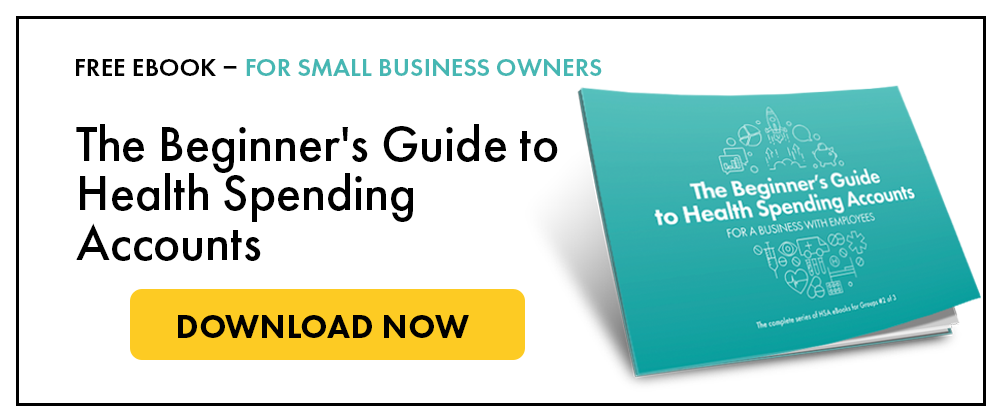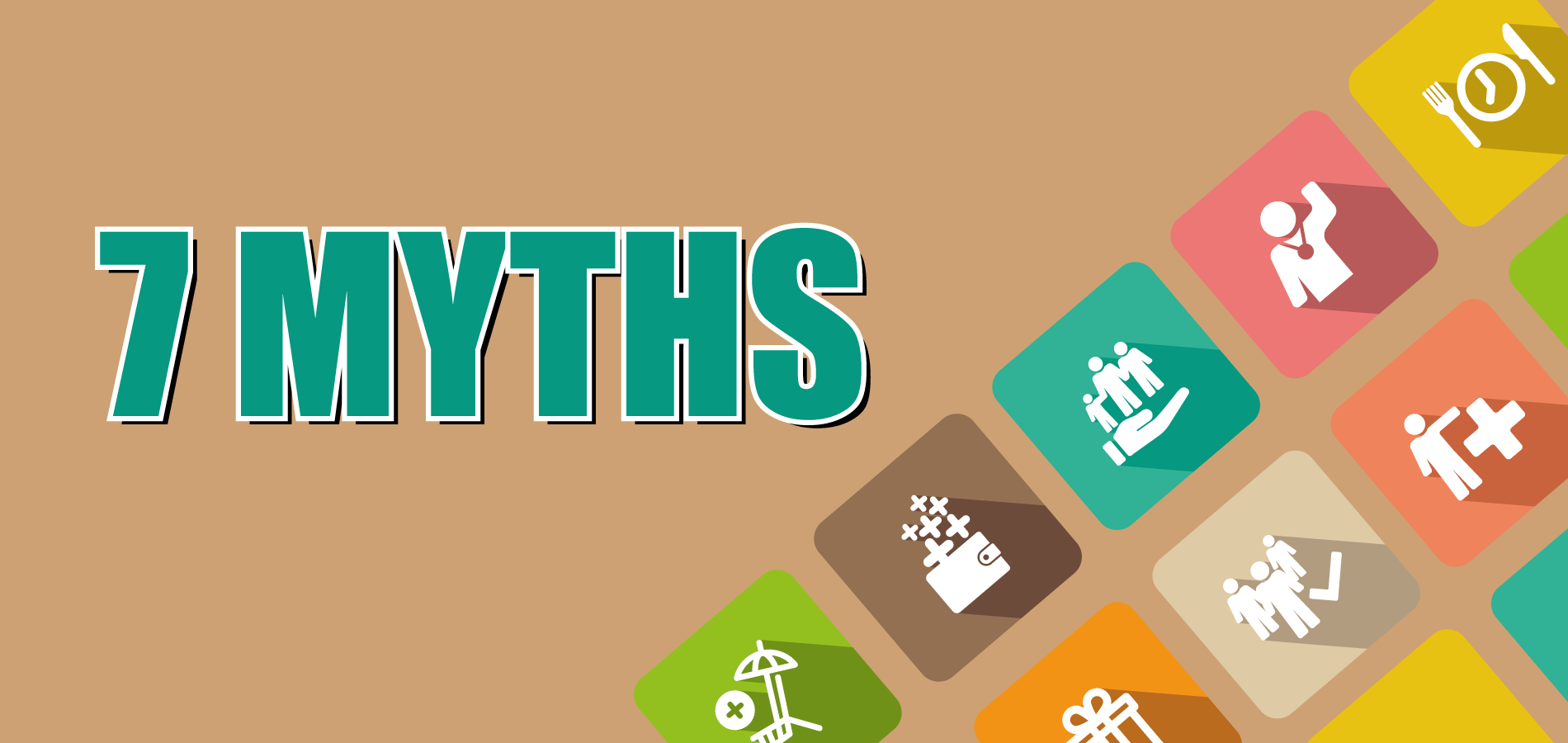Canada’s universal healthcare program covers trips to the Emergency Room, doctor visits and hospital stays. However, there is a lot that is not included:
- Prescription drugs (outside of the hospital)
- Professional services like psychotherapy and massage
- Dental care
- Eyeglasses and contact lenses
It’s not small potatoes. According to a report by the job board Monster, the average household spends $2,000 on healthcare plus $4,000 on Health and Dental plans in Canada.
If you are a small business owner, offering insurance to your employees can play a key role in retention and recruitment. A Canada health survey found that 77 percent of respondents wouldn’t move to a job that didn’t include health benefits.
So does that mean that you should have Health and Dental Insurance? The answer is: It depends! Read on to learn more.
Health and Dental plans in Canada
Many employers in Canada offer group insurance to their employees. This can be a great benefit but you need to read the fine print. As an employee, you may be paying the lion’s share of the premiums – the employer could be contributing as little as 10 percent of the cost.
Generally speaking, you can’t opt out of these group plans. However, if your spouse has a better plan with lower employee contributions, you may be able to switch to their plan.
If you are self-employed, you can purchase Health and Dental plans in Canada from a wide range of companies. Benefits and prices vary widely. Consider what services you need – or whether you require this type of insurance at all.
What does annual maximum mean for dental insurance?
As anyone who has had major dental work (such as implants, bridges or root canals) knows, it can get expensive very quickly. Most dental plans have a maximum annual limit. In addition, plans typically require that you pay the first 20 percent of any dental bill for basic services. This rises to 50 percent for major dental work, such as crowns and bridges.
Let’s say your plan has a limit of $750 per year. The first $250 will go towards the twice annual cleaning and examination. That only leaves you with $500 for other services. That will pay only a small fraction of the bill for major dental work, which can cost thousands of dollars.
Can I have multiple dental insurances?
Yes. For example, both you and your spouse may have group health and dental plans at your places of employment. For each service, you can analyze which plan will give you the larger cheque. Of course, you can’t submit a claim to both insurance plans. However, you can claim non-reimbursed amounts
How much is teeth cleaning without dental insurance?
Dentists set their own fees so there is no simple answer to this. You can expect to pay at least $125 for an exam and cleaning – more if your teeth need a lot of attention. If you are purchasing dental insurance out of your own pocket, you need to consider whether the monthly fee is reasonable compared to the services that you receive. Insurance companies must cover their administrative costs and are in business to make a profit. Sometimes it makes more sense to forego insurance and just pay for the teeth cleaning yourself.
How much does dental insurance cost in Canada?
Simple dental insurance can cost as little as $65 per month. However, there can be significant deductibles, with the patient paying 25 percent of a dentist’s bill. As well, the annual limit may mean that expensive dental treatments won’t be covered. It’s important to compare several plans to find the one that best suits your needs and budget.
Small business medical and dental insurance
Some people think that only large corporations and governments can afford to provide healthcare benefits to their employees. That’s not true. A number of insurers will provide plans to firms with between one and 50 staff.
In addition, there are benefits plans such as a Health Spending Account which is an affordable and cost-effective alternative to traditional insurance built specifically by the Canadian Revenue Agency (CRA) for small business.
There is a wide range of benefits and premiums, so do some careful research to find the one that’s best suited to your organization.
Best health and dental insurance plans for individuals
If you are self-employed, you can still purchase an individual plan for you and your family. As we’ve indicated above, the monthly premiums may be higher than the benefits you are receiving.
One option is to look for a plan that covers primarily catastrophic drug costs in the event that you get a serious illness that requires you to take prescriptions on a regular basis.
For example, one Canadian insurer offers a catastrophic plan that requires you to pay the first $4,500 per year. So all of your basic prescriptions like birth control aren’t covered. But if you have a serious illness, it covers ALL of your costs above the annual minimum. This can protect you from financial ruin.
The bottom line
It’s important to carefully research your options. Small business medical and dental insurance may be well-suited to your situation. Consider the coverage that you and your family are getting and the annual cost. Compare that to the benefits you are receiving each year. You may find that having a catastrophic drug plan is all you need – and pay for the remainder of your dental and healthcare costs out of pocket.
If you are business owner, do some research on Health Spending Accounts. This could be a great choice for you and your family. To learn more, download our free guides:
For an incorporated business with no arm's length employees:

For an incorporated business with at least one arm's length employee:

×
Download list of eligible expenses







